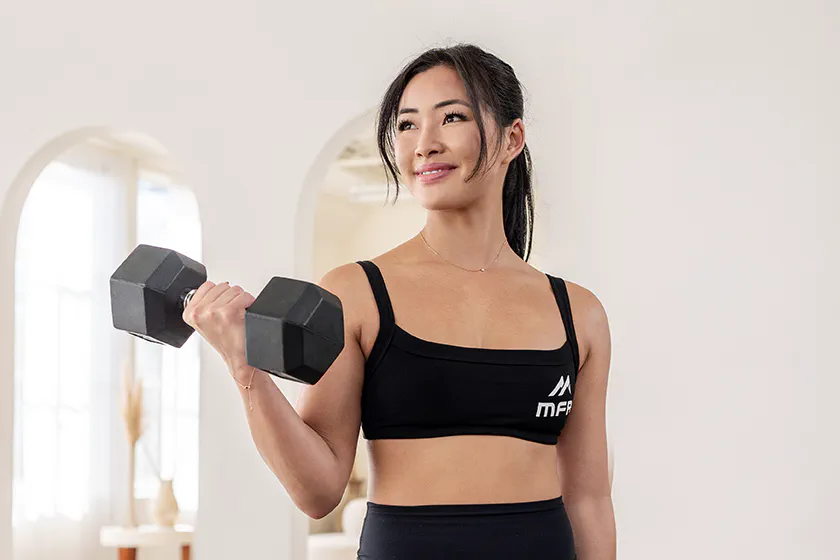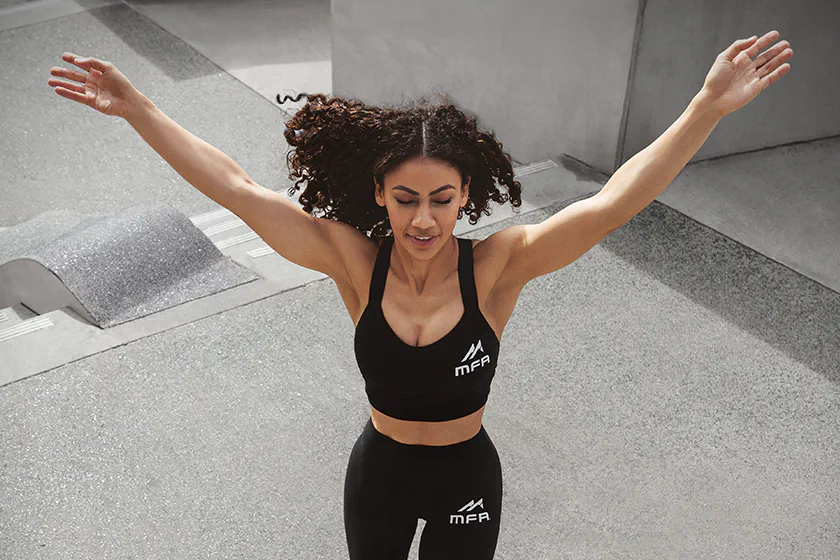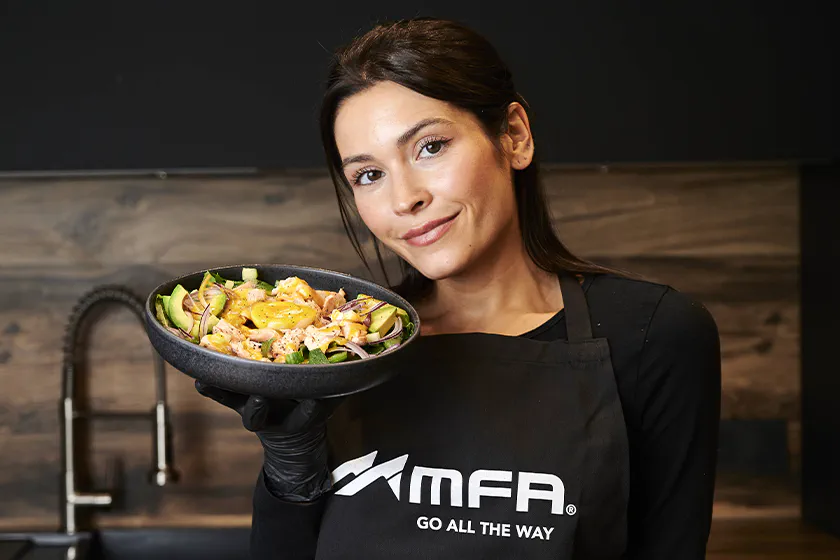Post-Workout Nutrition: What Should You Eat And When?

Exercise is one of the most essential tools for maintaining your long-term health and well-being. After a workout, it’s important to ensure that your body has everything that it needs to recover. The timing and composition of your post-workout meals can have a significant impact on your recovery process.
Making sure that you’re eating the right nutrients at the right time can help you to recover faster and to gain more benefits from your workout.
Why you need protein after a workout
During a workout, your muscles experience some damage. This actually isn’t harmful in the long term—in fact, it’s the process of repairing this damage that causes the muscle to become stronger.
Muscle cells are filled with proteins. After a workout, they need to repair damaged proteins, and also build extra proteins to become stronger. For this healing process to occur, your muscle cells need amino acids, which are the building blocks of proteins. You get these from the protein that you eat—your body breaks down the proteins in your food into amino acids, which are then used by muscle cells to build their own proteins. Because of this, it’s important to make sure that you’re eating enough protein to allow your muscles to recover and get stronger after a workout.
The general expert recommendation is to get 20 to 40 grams of protein during your post-workout meal. This amount is contained in a regular-sized serving of lean meat or fish, or in about five eggs. You can also make a protein shake or smoothie using protein powder, in order to get the post-workout dose of protein that you need.
Plant-based foods, like tofu, beans, and lentils, can also be good sources of protein, but they may be low in one or more specific amino acids. If you prefer plant-based protein, combining multiple different sources is recommended, in order to ensure that you’re getting all of the different amino acids that you need.
Why you also need carbs after a workout
Besides making sure to get enough protein, it’s also a good idea to include some carbs in your post-workout meal.
During exercise, your muscle cells need a lot of fuel in the form of glucose, which is a type of sugar. Your muscle cells can take up glucose from the bloodstream, but there often isn’t enough available there to fuel a period of intense activity. Because of this, muscle cells store extra glucose in the form of a starch called glycogen. When a muscle cell is resting, it gathers up glucose and stores it as glycogen. During a workout, it breaks down the glycogen into glucose to use for energy.
After a workout, your muscle cells need to replenish their glycogen stores. Eating some carbohydrates (starches or sugars) during your post-workout meal makes it easier for your muscle cells to gather up the glucose they need to build their glycogen stores back up. This will provide you with the proper fuel for your next workout.
If your workout involved endurance exercise (like long-distance running, cycling, or swimming), then your glycogen stores will be very depleted, and your body’s need for carbs will be higher. If you did resistance exercise (like weightlifting), then your muscle cells likely didn’t use up all of their glycogen, and you won’t need to eat as many carbs to replace what was used.
When should you eat after a workout?
In general, it’s recommended to eat a meal containing both protein and carbs within 2 hours after you finish your workout. This period is known as the “anabolic window.”
During the anabolic window, your muscle cells have an enhanced ability to take up glucose from the bloodstream. This allows them to replenish their glycogen stores more efficiently. Within this window, they also have an enhanced ability to take up amino acids and to use those for making their own proteins. Research has found that consuming amino acids within two hours after a workout increases the amount of muscle strength that’s gained.
Exercise improves virtually every aspect of your health, from your heart health to your mood to your sleep. The recovery after a workout is at least as crucial as the workout itself. Ensuring that you’re providing your body with the right nutrients will help you to get the most benefit from your exercise plan.
Dr. Patricia Shelton, MD, is a medical communicator, neuroscientist, and educator with a passion for making complex medical information accessible. With a Doctor of Medicine and a Neuroscience degree from the University of Washington, she combines deep expertise with exceptional communication skills. Dr. Shelton teaches anatomy and physiology, writes on medical topics, and authored *The Yoga Doctor*. A certified yoga and meditation instructor, she champions a holistic approach to wellness and empowers audiences through clear, engaging health education.



